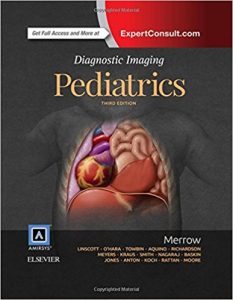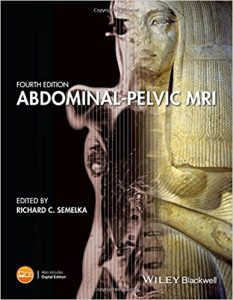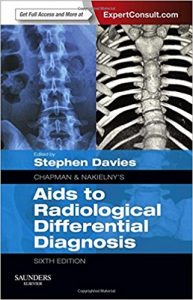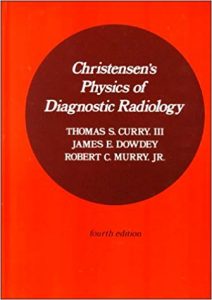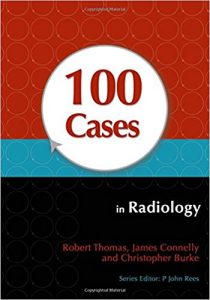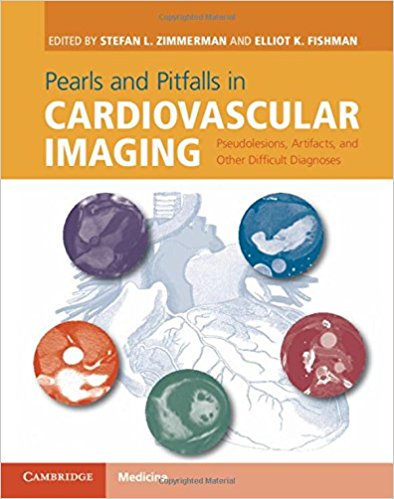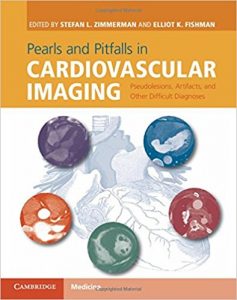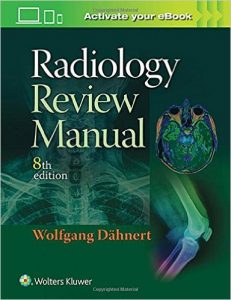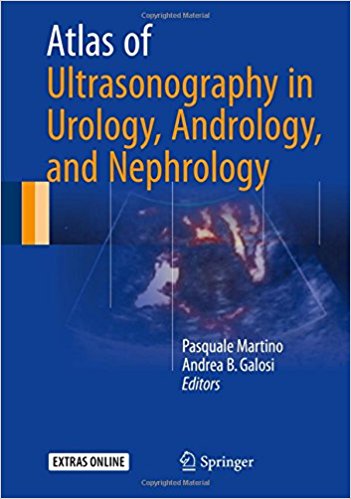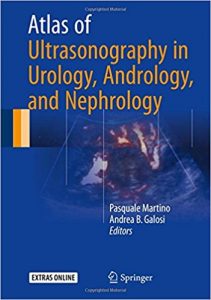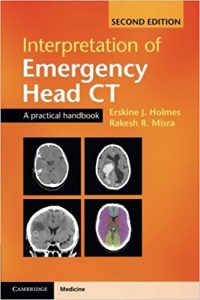AOSpine Masters Series, Volume 9: Pediatric Spinal Deformities 1st Edition
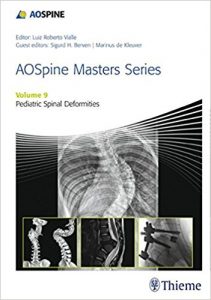
[amazon template=iframe image2&asin=1626234531]
An estimated 9 million children every year are affected by pediatric spinal deformities, encompassing a broad spectrum of pathologies. New classification systems, innovative imaging modalities, and advances in surgical techniques have contributed to a continually evolving, evidence-based treatment paradigm. Patient variables such as the age of onset, severity, course of deformity progression, as well as the availability of technology pose individualized challenges.
AOSpine Masters Series, Volume 9: Pediatric Spinal Deformity is a concise yet comprehensive review of fundamental surgical and nonsurgical approaches, contemporary issues, and treatment obstacles. Internationally renowned spine surgeons Luis Roberto Vialle, Marinus de Kleuver, and Sigurd Berven and a cadre of esteemed contributors deliver a state-of-the-art reference on deformities of the pediatric spine. From early childhood to adolescent spine disorders, 17 richly illustrated chapters cover diagnosis, preoperative evaluation, imaging, spine surgery interventions, non-fusion procedures, and long-term management.
Key Highlights
- Overviews on the classification and natural history of early onset scoliosis and adolescent idiopathic scoliosis, with subsequent chapters covering non-operative management and contemporary surgical techniques
- Evidence-based discussion of long-term surgical care outcomes, indications for revision surgery, and strategies for achieving optimal results
- Management of congenital and developmental kyphosis, lordosis, syndromic conditions, and low and high grade spondylolisthesis
- Clinical pearls on spine surgery in the developing world, safety issues and complications, and the importance of developing outcome metrics
The AOSpine Masters series, a copublication of Thieme and the AOSpine Foundation, addresses current clinical issues featuring international masters sharing their expertise in the core areas in the field. The goal of the series is to contribute to an evolving, dynamic model of evidence-based approach to spine care.
This outstanding textbook is a must have for spine surgeons, in particular those who specialize in treating childhood spine disorders. Orthopaedic and neurosurgery residents, as well as veteran surgeons with extensive knowledge will find this an indispensable tool for daily practice.

